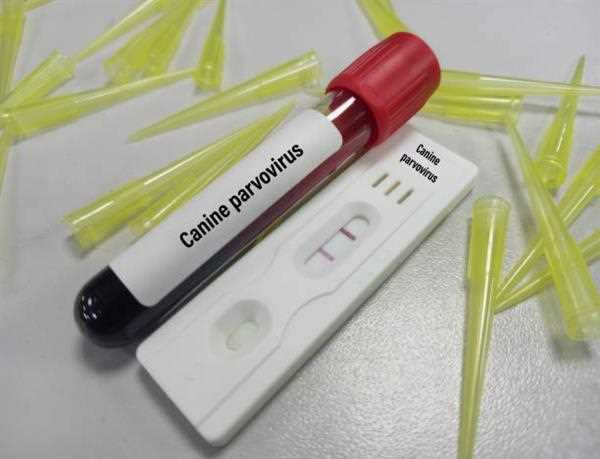A Pet Owner’s Guide to Canine Parvovirus.
Continue reading this blog if you want to learn more about canine parvovirus including its symptoms, the diagnosis, possible prevention for the virus, as well as the importance of parvovirus test kits.
Parvovirus is known to be one of the most contagious viral diseases in dogs, and in severe cases, it may become a life-threatening illness. The parvovirus highly affects the intestinal tract and targets the rapidly dividing body cells. This virus attacks a dog’s white blood cells, damages the heart muscles and may also cause lifelong cardiac problems, particularly in the infected young animals.
Parvovirus is contagious in nature and can transmit to any animal, as well as any person, which comes into the contact of an infected animal’s feces. Parvovirus is highly persistent and is known to survive for months in the environment. It can also survive in inanimate objects such as food bowls, shoes, clothes, carpets and the floors. This is why unvaccinated dogs can easily come into contact with the virus from the streets, especially in urban areas.
Symptoms of canine parvovirus
Some of the most common symptoms of parvovirus include loss of appetite, lethargy, severe vomiting, and bloody diarrhea that may lead to dehydration.
Diagnosis of canine parvovirus
Through parvo virus testing and clinical signs, veterinary practitioners can diagnose the infection. Besides using parvo test kits, the ELISA test is one of the commonly used measures for a parvovirus diagnosis. The ELISA parvovirus test kit helps detect the virus through your dog’s stool and many veterinarians use this in their clinics.
Prevention for parvovirus
By simply following some preventive measures you can help save your dog from going through the sickening process of parvovirus. Make sure your dog has received all the necessary vaccinations. Talk to your veterinarian and make sure your dog is given vaccinations for parvovirus, among others, to ensure you are providing your dog with the best possible care.




Leave Comment